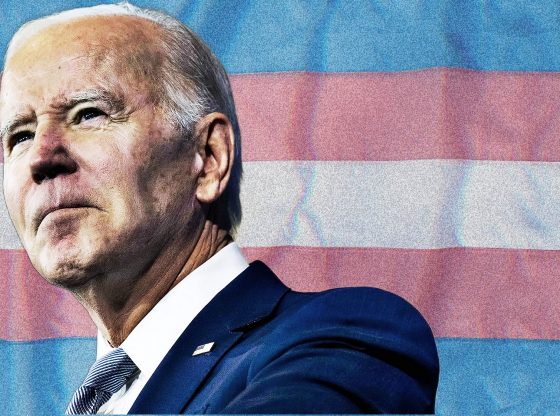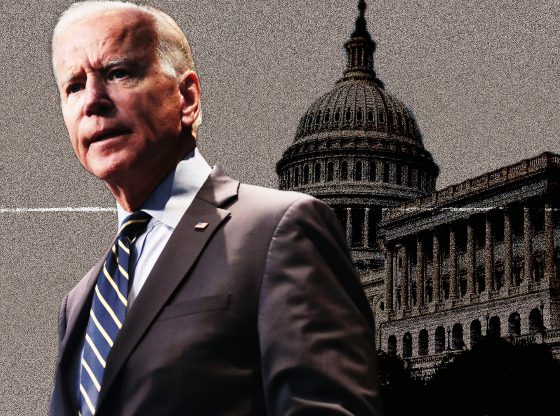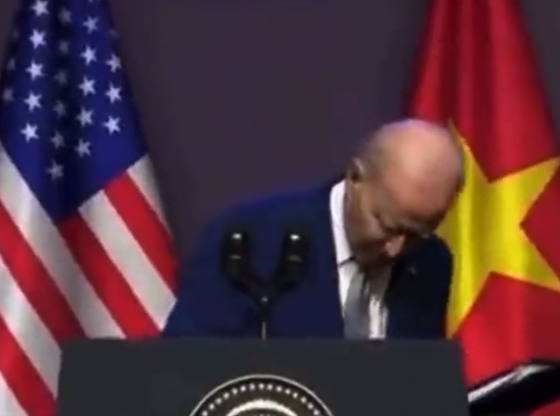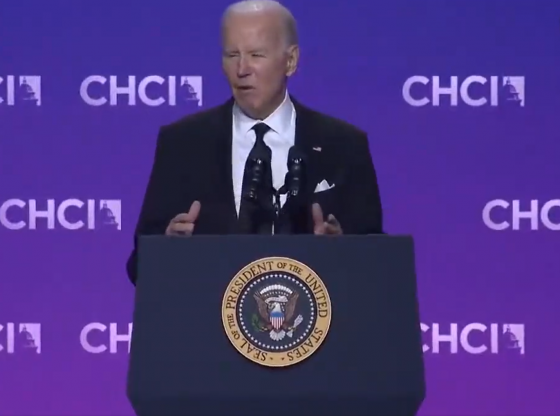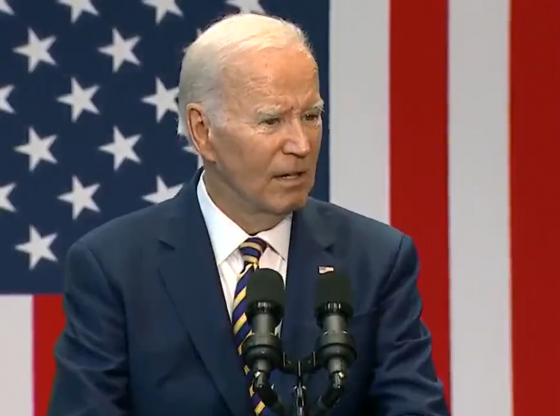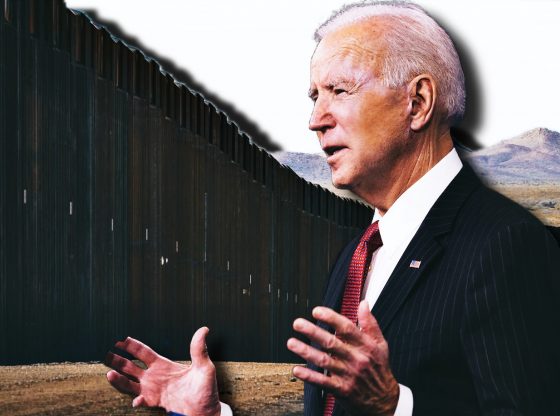Escalating Crisis: Unprecedented Surge in Homelessness Sweeps Through Left-Wing U.S. Cities
Rising Homelessness Rates in the U.S.
- Record spike in homeless population: an 11% increase this year, according to the Wall Street Journal’s annual review.
- This is the highest jump since tracking began 15 years ago, with over 577,000 homeless individuals counted.
- Significant rises in cities like San Francisco, Los Angeles, and New York, where drug abuse, tent cities, deciding living conditions, and crime are also on the rise.
- Contributing factors include the end of COVID relief, lifted eviction moratoriums, and high housing costs.
Impact of Economic Factors on Homelessness
- Rising housing costs major driver of homelessness; median rent price is now $2,029.
- Rent prices have risen more than 15% nationally since the pandemic, and the Biden administration has done nothing to relieve Americans from this financial burden.
- Lack of COVID-relief funds creates challenges; advocates warn of further consequences.
- Some states facing a shelter shortage, such as New York City and San Francisco, are taking emergency measures.
Additional Challenges: Drugs and Crime
- The country’s drug addiction crisis contributes to homelessness; 109,680 people died from overdoses in 2022, according to NPR.
- Increases in overdose deaths up to 22% in some states.
- Open-air drug markets and violent crime linked to homelessness in several cities, as poverty is one of the most secure ways to correlate crime with certain areas.


